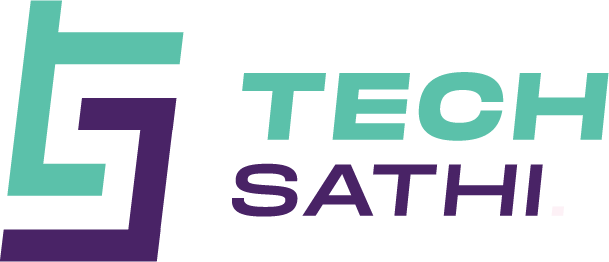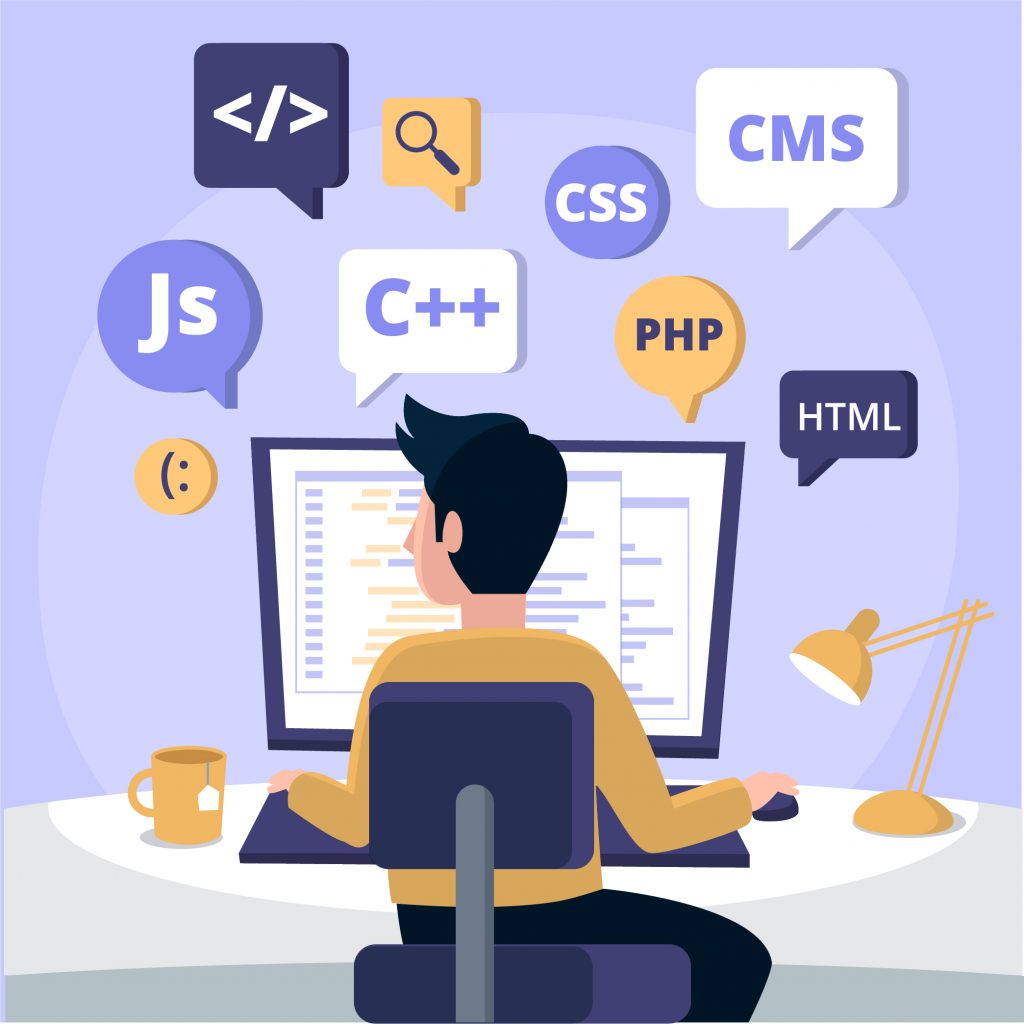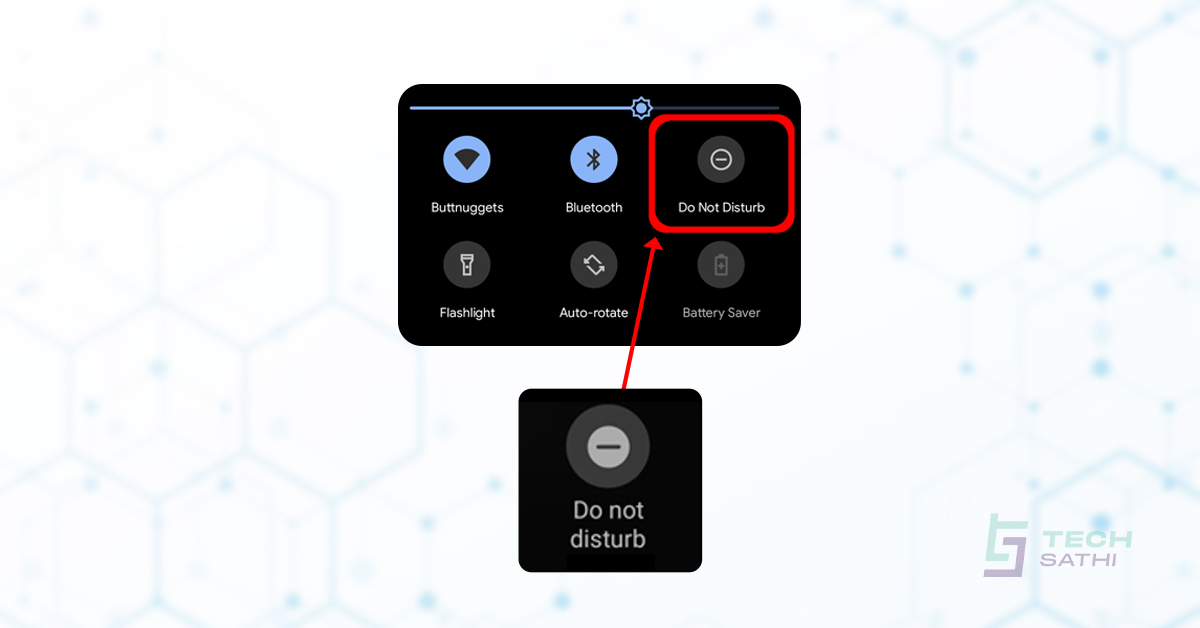There’s no doubting that technology has taken over a wide range of sectors. Learning to code has been believed to help you perform better in other disciplines you’re studying or learning. A good career is a crucial aspect of your life and learning to code could assist you in achieving your goal in a variety of ways. With the potential for higher pay, more and more people are learning to code. If you had researched how to learn to code but did not find any useful suggestions, here are the 12 steps on how to learn to code:
1. There are different programming languages for different types of problem
There’s a popular belief that there’s a great language for beginning programmers someplace out there. Some believe it’s Python, while others believe it’s Swift. But according to Dr. Angela Yu, there is no perfect language to learn. A programming language is nothing more than a useful tool. It’s just like every other item you have in your toolbox. Different tools are used for different works, and the same tool can be used to do multiple works. Likewise, the same programming language can also be used to solve different problems. Different people working on different projects can suggest you different programming language as per their working experience but at the end of the day, all that matters is what project will you be working on.
2. It’s Ok to Not Know
According to reports, software engineers are the profession with the most Imposter Syndrome victims. Imposter Syndrome is a psychological condition in which people believe they are pretenders and significantly underestimate their own abilities and capabilities. Programmers are notoriously self-critical, believing that everyone else is better at programming than they are. If you’ve ever felt like this, you’re not alone; statistics reveal that about 70% of individuals suffer from impostor syndrome. There are over 800 classes, 9000 methods, and counting in iOS programming. Every week, a new framework emerges in the world of web development. Nobody is counting on you to remember the code.
3. Try to be consistent
It’s similar to going to the gym when it comes to learning to code. Even if you push yourself to the limit and spend a whole weekend at the gym, you will not see a difference in your physique. The more you learn to code on a daily basis, the more likely you are to have ripped coding muscles. You should be aware that task switching is really tough. It takes a great deal of motivation. If you make yourself comfortable on the sofa and turn on the TV as soon as you arrive home, you’ve already lost that evening. This is because the amount of motivation required to task-switch and do something not driven by evolution like eating or sleeping is a Herculean task.
4. Work on a project
It will be tough for you to become proficient in coding if you are simply learning to code for the sake of learning to code. Skills that take a long time to master, such as programming, will deplete your internal motivation. Coding on your own projects is one of the most enjoyable things you could do. It blends logical reasoning with creativity, and you will have created something at the end. Work on projects that could make your life easier or more enjoyable. This is what drives the majority of individuals. It’s rare that you’ll be able to code Clash of Clans or League of Legends right away. You will, however, be able to create something fascinating. Your imagination has no boundaries. Because there are no step-by-step instructions when you start working on your own application, it will be challenging, but it will also result in the greatest increase in your coding abilities.
5. Don’t copy without understanding
When you search how to learn to code, you would get plenty of materials online. There are courses where the author begins with painstaking detail and then switches to “now you just set up a cloud database” halfway through. Keeping in mind that this is a beginner’s instruction!
This creates plenty of issues. The most typical issue is when a student just copies the code from the tutorial and has no idea what it means. After processing the JSON, why did he add that extra line? Why is he creating this dictionary in a different way from the last one? The previous three hours were spent copying code, and you learned nothing except that coding is a pain. Stop if you find a lesson that leaps from beginner to expert after line 3, or that overuses the phrase “simple,” or that fails to explain any of their code. Leave that tutorial.
Recommended: Are programming and Mathematics exactly the same?
6. Be accountable and dedicated to your studies
The absence of responsibility is the most serious issue with online coding classes. Nobody care, whether you don’t do your homework or miss month’s worth of lecture. Consider your university days: would you have bothered to finish that essay at 3 A.M. if it didn’t matter? Would you have attended any of the lectures if you didn’t care if you got a good grade or not? There many free online courses on how to learn to code, but most people won’t value it as it’s free. You’ll need to be accountable and dedicated to your studies.
7. Stay Updated
Programming will keep evolving with time. In order to stay relevant, you have to keep re-inventing yourself. There are constantly new trends, technologies, and languages to learn. Great programmers like learning new things, even if it means going back to square one. The world will continue to move forward, and if you stay in one spot for too long, you will be left behind. So, you have to keep learning and stay updated.
8.Distract yourself to use diffused mode thinking to your advantage
You truly need to snap out of that type of highly focused thought in order to give your best. Even if you perfect your workflow, methodology, and surroundings, you won’t be able to sustain pure productivity for lengthy periods of time. It’s just not achievable on a physical level. The solution will become evident in 9 out of 10 situations. You’re screwed in the remaining 1 out of 10 scenarios. Our brains naturally fluctuate between concentrated and diffused mental modes. And you can learn to utilize both forms of thinking to become a more focused and productive programmer by learning to harness the power of both.

9. Try Pair Programming
Pair programming is an agile software development methodology that follows the same concepts as pair programming. A learner and a mentor, for example, may sit at the same workstation and work on an issue together. The student is responsible for writing the code, and the mentor examines it line by line as it is written. It might be awkward at first since making mistakes and having them pointed out to you might be embarrassing. However, if you have a mentor who is a superb instructor, they may provide you with decades of gathered knowledge that may lead to enormous increases in your own skill in just a few hours.
10. Be a Copycat
Books are excellent sources of information. Read the chapter on delegates and protocols if you want to learn more about them. However, if you want to learn, you should create something. Be a copycat. Make your own notepad, MSPaint, and piano with your own hands. Make minesweeper, Tetris, or Flappy Bird if you’re like games. Not only will they be somewhat useful, but they will also provide you with the ideal chance to learn how to do things and get experience in seeking assistance.
11. Understand how other’s code work
It might be quite tempting to simply copy and paste the code that someone has posted on a site like StackOverflow. Your program does precisely what you expected it to do, and you’re free to go about your programming business. This exercise didn’t teach you anything other than code reliance. Because the next time you run into the same problem in a new setting, the code snippet you were given may no longer work. Then what do you do? You’re stuck. That’s why in programming, there’s a guideline that says “never copypaste code that you don’t understand.” So, what should you do if you come across a code block that solves your problem but you have no idea how it works? Break it down. Check to see what has been broken each time you remove a line. Is the app still functional? What are the many types of error codes? What effect did the deletion of that line of code have on your program?
12. Try dividing the code into small chunks
So you’ve come up with a fantastic app concept. However, it’s far too difficult for your present skill level. So, what exactly do you do? Chunk it and work on the small solvable concept. It’s really tough to build a robot that can perform all of the work on its own. But, because we’re smart programmers, we can chunk the problem and split it down. The easier it is to package your code into bite-sized portions, the more you break down challenges and explain the issue you’re attempting to address. The simpler the chunk, the easier it is to tackle.
So, these were some tips on how to learn to code. If you have any queries, feel free to comment down below.








